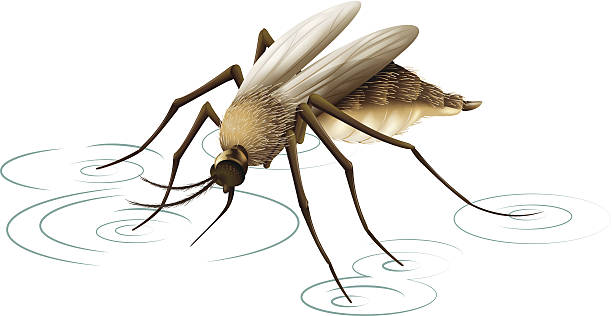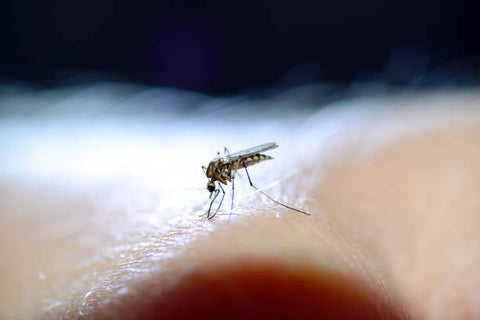Yellow fever is a viral disease that is spread by mosquitoes in tropical and subtropical areas of the world. It is a serious illness that can cause a range of symptoms from mild to severe, and in some cases can be fatal.

In this blog, we will discuss what yellow fever is, its symptoms, causes, prevention, and treatment.
What is Yellow Fever?
Yellow fever is caused by a virus that is transmitted by mosquitoes. The virus belongs to the Flaviviridae family and is classified as a flavivirus. The disease is characterized by fever, muscle pain, and jaundice (yellowing of the skin and eyes).
Symptoms of Yellow Fever
The symptoms of yellow fever typically develop three to six days after infection and can last up to two weeks. The severity of the symptoms can vary from mild to severe. Mild symptoms of yellow fever include:
- Fever
- Headache
- Muscle pain
- Nausea
- Vomiting
- Loss of appetite
Severe symptoms of yellow fever include:
- High fever
- Jaundice
- Bleeding from the nose, mouth, and eyes
- Abdominal pain
- Vomiting blood
- Black, tarry stools
Causes of Yellow Fever
Yellow fever is caused by a virus that is transmitted by mosquitoes. The virus is most commonly found in parts of Africa and South America. When a mosquito bites an infected person, the virus enters the mosquito's bloodstream. The mosquito can then transmit the virus to other people when it bites them.
Prevention of Yellow Fever
The most effective way to prevent yellow fever is to get vaccinated. The yellow fever vaccine is safe and highly effective. It provides long-lasting protection against the disease and is recommended for people who are traveling to areas where yellow fever is present. It is important to note that the vaccine is not recommended for everyone. It should not be given to people who are allergic to eggs, have a weakened immune system, or are pregnant.
In addition to getting vaccinated, there are several other ways to prevent yellow fever. These include:
- Using insect repellent
- Wearing protective clothing
- Sleeping under mosquito nets
- Removing standing water where mosquitoes can breed
Treatment of Yellow Fever
There is no specific treatment for yellow fever. Treatment is focused on relieving the symptoms of the disease. This may include:
- Resting
- Drinking plenty of fluids
- Taking pain relievers to reduce fever and muscle pain
In severe cases of yellow fever, hospitalization may be necessary. Treatment in the hospital may include:
- Providing intravenous fluids
- Administering oxygen
- Treating other symptoms as needed
Conclusion
Yellow fever is a serious viral disease that is spread by mosquitoes. It can cause a range of symptoms from mild to severe, and in some cases can be fatal. The best way to prevent yellow fever is to get vaccinated. Other prevention measures include using insect repellent, wearing protective clothing, and sleeping under mosquito nets. If you are traveling to an area where yellow fever is present, it is important to take these precautions and to seek medical attention if you develop symptoms of the disease.












